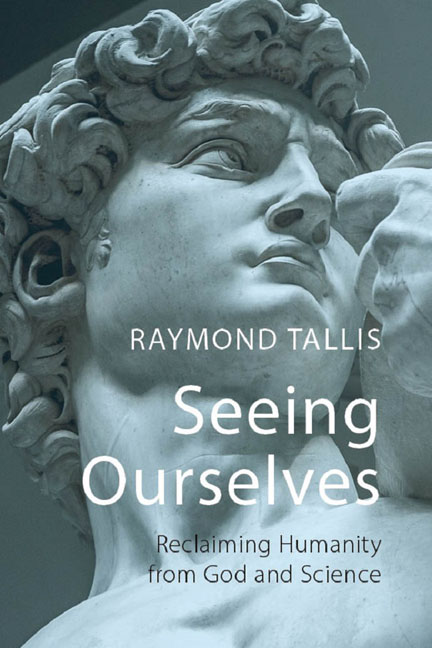Chapter 10 - Reclaiming ourselves
Published online by Cambridge University Press: 09 August 2023
Summary
We may acknowledge the harm caused by institutionalized religion, with its power to amplify hostilities between human groups, and recognize that doctrines spread across 200 or more faiths are not imaginable by, never mind believable to, many, and still conclude that a human life without institutionally acknowledged transcendent meaning is impoverished. The personal meanings we find in our lives are parochial and transient. We often look back on them with wonder and even dismay, finding that we are indifferent to the things that we valued so much, and how we passed through, rather than arrived at, goals that were so important to us. And we acknowledge how the objective significance of our lives may have to humanity as a whole – “making the world a better place” and so on – seems unlikely to cancel deficiencies in our subjective experience. And, finally, when we envisage our place in a Godless universe, we hardly cut much of a figure. We seem to be the products of purposeless mechanisms that did not intend us. We are not here because we are needed or wanted. As the physicist Steven Hawking expressed it: “[T]he human race is just a chemical scum on a moderate sized planet, orbiting round a very average star in the outer suburbs of one among a billion galaxies”.
Thus, our self-image in the mirror of natural science; how we look when seen as pieces of nature. A primary purpose in writing Seeing Ourselves has been to highlight the extent to which we are not just pieces of nature, to describe the extra-natural nature of humanity and of the human world we have built. I have rejected the assumption that, if we are not supernatural beings, separately hand-crafted by God and uniquely related to him, we must be mere organisms; that persons are at bottom beasts. Yes, we are made of matter, but we are not just pieces of matter; yes, we are animals but we are not just animals. We are unique beings in the universe, as should be evident from the fact that, uniquely, we speak of “the universe”; or, more generally, have a world picture that transcends any kind of umwelt that other creatures may be immersed in.
- Type
- Chapter
- Information
- Seeing OurselvesReclaiming Humanity from God and Science, pp. 317 - 376Publisher: Agenda PublishingPrint publication year: 2019

